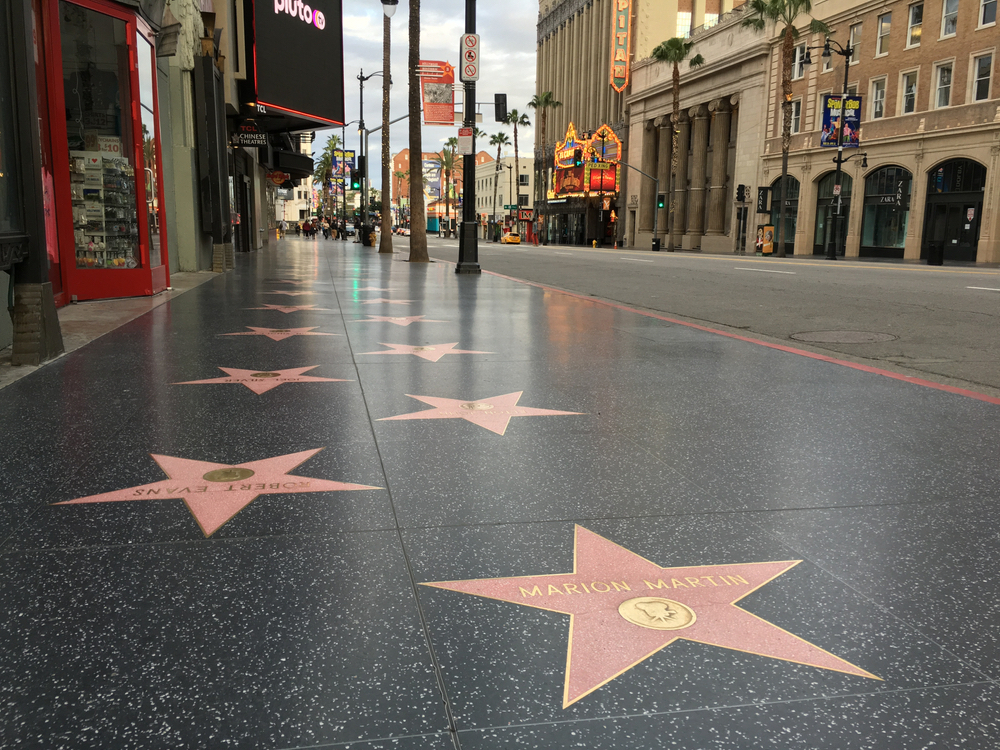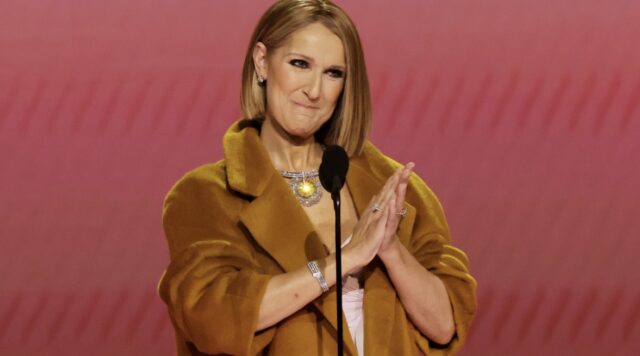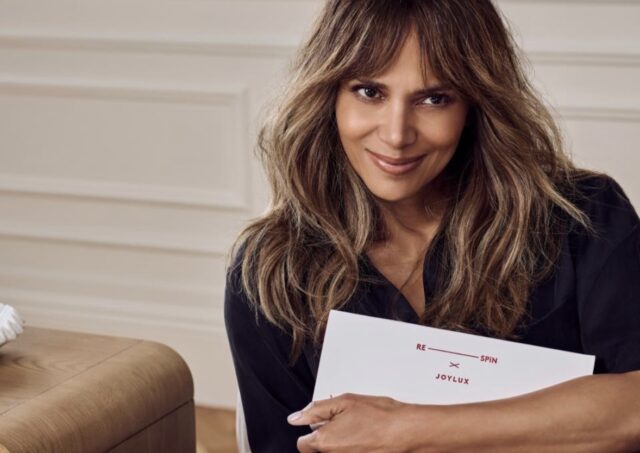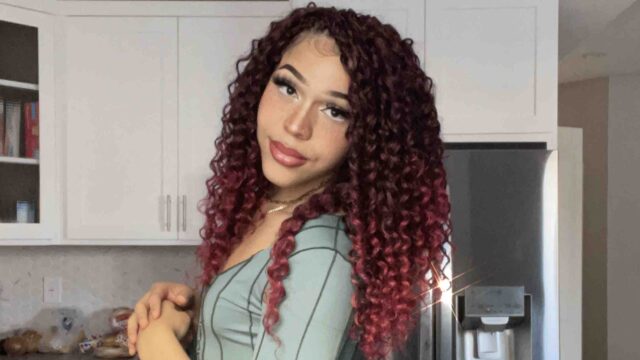Disney Prioritizes Inclusion in Leadership to Create an Impact in the Company
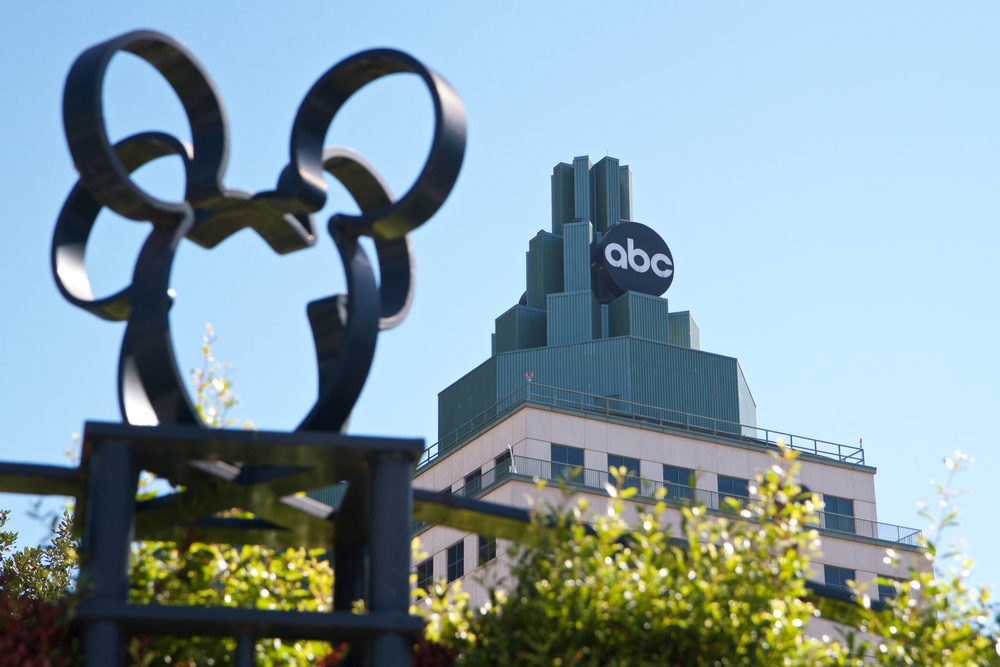
The Winter panel for Disney TV sets itself apart as they introduce plans for White leaders to take ownership to help further change.
Disney TV is advocating for inclusivity in their workforce. During the TCA Winter panel, the committee introduced “Inclusion Is Not A Spectator Sport.”
Disney TV Studios Execs Address Inclusion, How Difficult Conversations About Race Will Incite Change And Accountability Of White Decision Makers – TCA https://t.co/DVBlp4Rji0
— Deadline Hollywood (@DEADLINE) February 25, 2021
The panel consisted of five White executives and two Black executives. Tim McNeal, the vice president; Donna Michelle Anderson, aka DMA, a creative and inclusion director; Alexi Hawley an executive producer and writer for The Rookie; Brian Morewitz a senior VP, drama development, ABC; Carol Turner an executive VP, production, ABC Signature; Jonathan Groff a consulting producer for Black-ish; David Renaud a producer for The Good Doctor, all served as the panel.
McNeal and DMA, who both are a part of the creative and inclusion team at Walt Disney, stated this was intentional.
McNeal revealed, “Because these panelists represent decision-makers, producers, and executives, a majority of whom are still white, who have the ability and accountability to significantly change mindsets and practices.”
By using a mostly White panel, the idea was to help White executives gain knowledge. This was to encourage others to take account of the lack of diversity.
Piggy-backing on the idea and hopes of diversity, DMA explained, “As the expression goes, ‘your Black colleagues are tired.’ Your women colleagues of color, who have been default-assigned to lead this conversation and be the voice and the flag bearers of this conversation [are tired]— we deeply believe that it is not only the responsibility of marginalized communities who work at the company, so we quite intentionally put this panel together to say these are the folks who have agency and who have accountability and who have the opportunity.”
Throughout the year’s many Black creators, People of Color, Women, LGBTQIA+, and youth have explained the need for change. Seeming to not fully understand the need for change, many in the industry have pushed back.
I am so happy this’s finally happening. Here’s to a better tomorrow.
— Sheila Ferguson 3° (@SheilaDFerguson) February 25, 2021
Bias and systemic racism in the entertainment industry are quite strong. Diversity doesn’t translate enough through the industry’s racism, sexism, and homophobia with casting and storylines. Sadly, this applies to more than just the entertainment industry, but as such a diverse part of modern culture, their ability to change is very fluid, and their lack of change is heartbreaking.
DMA continued, “Stories about race and gender don’t equal stories about racism and sexism. They aren’t only told about suffering. Our stories are massive, and the bigger the pool of content, the deeper and richer the stories will be so that they’re not reacting to just one touchpoint about underrepresented groups.”
Without change, society cannot progress. The world will stay the same, keeping barriers between what is truly going on versus what the White lens shows. The panel explained how White executives and decision-makers need to take accountability for the lack of change in the industry.
“I think we really realized that the different points of view, finding the under underrepresented voices, is key to the change, and it’s certainly a work in progress,” Morewitz claimed.
According to the executives, the hiring process for both talent and behind-the-scenes creators no longer relies on networks and agents. Companies need to seek out the writers, producers, actors, actresses, and everything in between with the studio executives.
Variety stated: “Groff expressed gratitude for Sydnee Rimes, VP, current programming, ABC Studios, for being an unbelievable identifier of talent and meeting writers who are trying to break in. During the height of the Black Lives Matter movement’s resurgence, Groff was able to find an editor, who had previously worked as an assistant at Insecure, to edit episodes for Black-ish that tackled the topic.”
Seeking out and hiring Black, POC, Women, and LGBTQIA+ creators is an important aspect of the industry. This panel gave insight into how the company will be affected in the future. Hopefully, more positive changes will continue to be made, and a stronger push for diversity and inclusion continues to be at the forefront of creator’s minds.
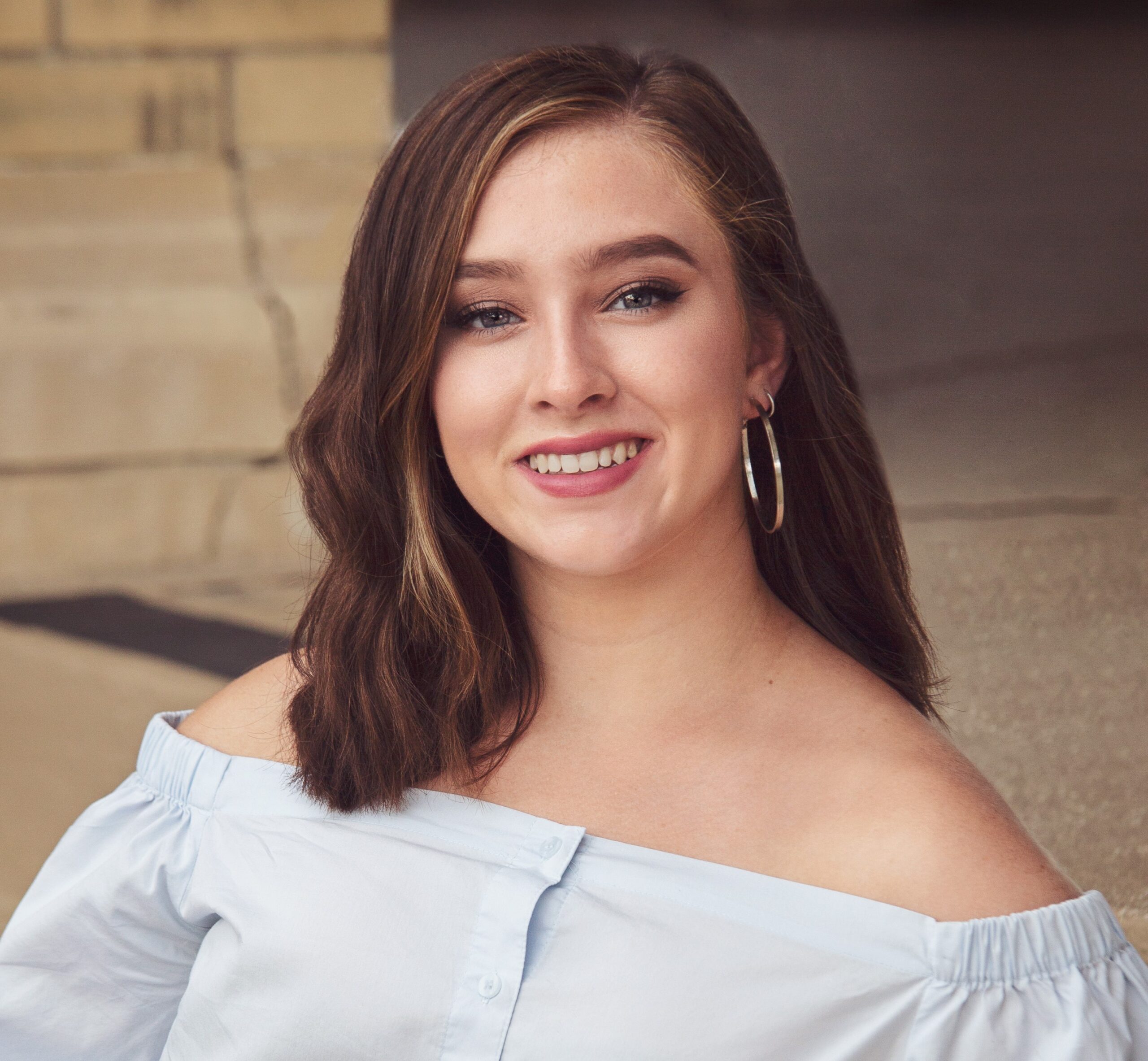
Writer | Tweet me @atms6_

